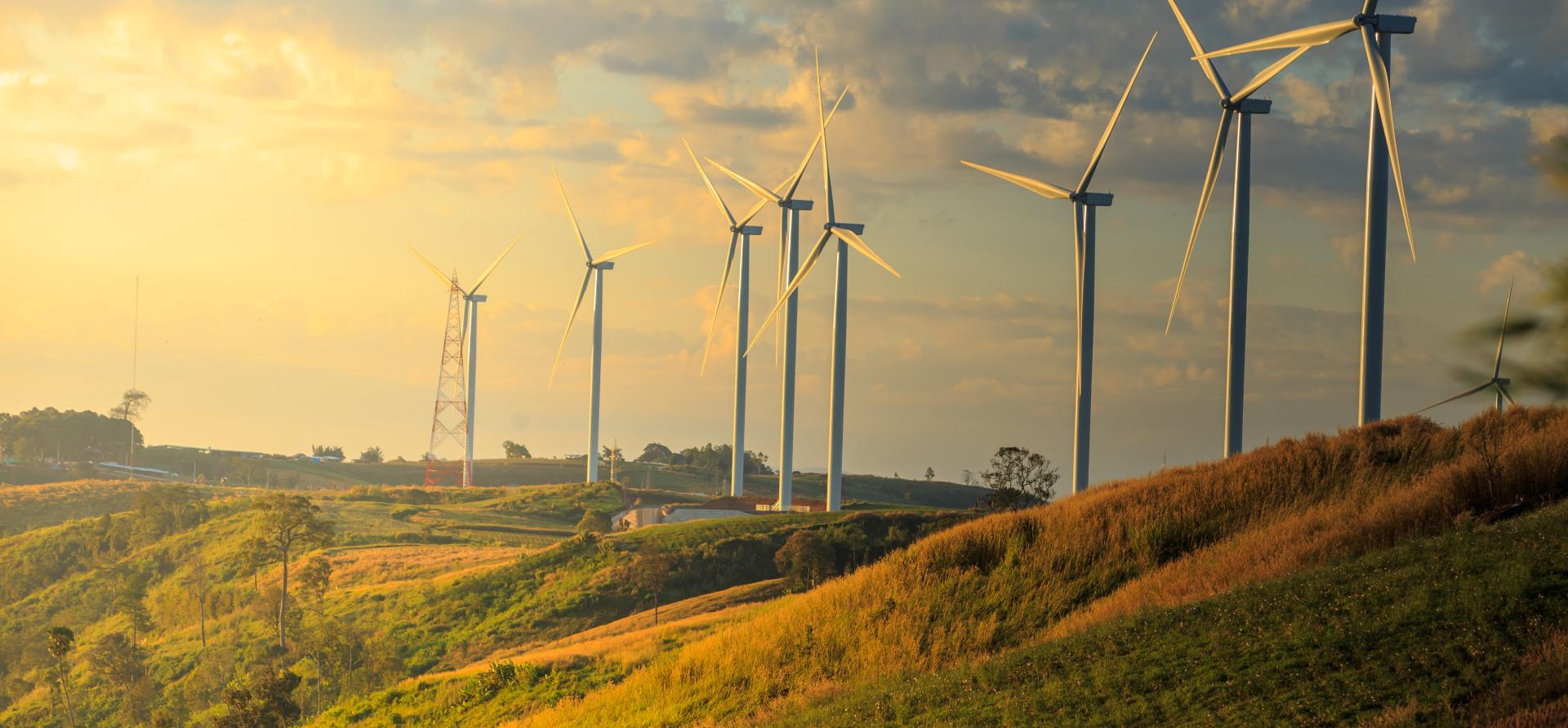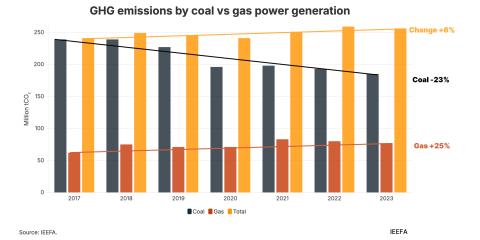A Just Transition financing pathway for Jharkhand
Download Full Report

Key Findings
Fossil fuels accounted for 32% of Jharkhand’s Own Revenue in the fiscal year (FY) 2022-23, showcasing the dependency of the state on fossil fuel sectors.
Jharkhand’s coal production growth is slowing. While the central government’s push to accelerate coal production may help in the short term, the long-term outlook for coal is negative.
Any revenue reduction due to the energy transition will negatively affect social sector spending.
Implementation of green budgeting and setting up a Just Transition Fund are crucial for Jharkhand to progress towards a just transition.
Executive Summary
Jharkhand is at a crucial point in the Just Transition journey owing to its heavy reliance on fossil fuel revenue, particularly from coal and petroleum. Compared to major coal-producing states like Chhattisgarh and Odisha, Jharkhand’s dependency on fossil fuels is significantly higher.
Fossil fuels accounted for 32% of its revenue in the fiscal year (FY) 2022-23. While Chhattisgarh gets 22% of its revenue from fossil fuels, Odisha gets 16%.
On the other hand, the growth in coal production is slowing down. Jharkhand registered modest growth — from 113 million tonnes in FY2013-14 to 156 million tonnes in FY2022-23. While the central government’s push to accelerate coal production may help in the short term, the long-term outlook for coal is negative.
Jharkhand’s economic reliance underscores the need for strategic planning to address future fiscal risks. While it has made minimal investments in green sectors so far, the state must start reallocating public finances to bolster green industries, which offer high employment potential and alternative revenue streams. Additionally, investing in skill development and technical education is crucial.
While these investments are key, Jharkhand also needs to protect spending in education and health, as its per capita expenditure in these areas is the lowest among the top coal-producing states. The anticipated decline in coal production poses significant risks to Jharkhand’s revenue, especially affecting social sector spending, which relies heavily on government funding.
To navigate these challenges, Jharkhand requires a three-pronged strategy:
- Prioritise public expenditure through green budgeting: Channel limited public investment into emerging sectors that promise growth and sustainability while supporting economic diversification and safeguarding social sector spending.
- Mobilise additional finance through a sustainable finance framework: Utilise private, public and blended capital sources, such as green bonds and blended finance mechanisms, to attract investment. Establish a dedicated just transition fund to support sectors and communities transitioning to a low-carbon economy.
- Build state capacity: Train state actors in green budgeting and sustainable finance to effectively attract and manage investments in sustainable development.
By adopting these strategies, Jharkhand can advance towards a Just Transition while minimising socio-economic impact and ensuring long-term fiscal stability.

















